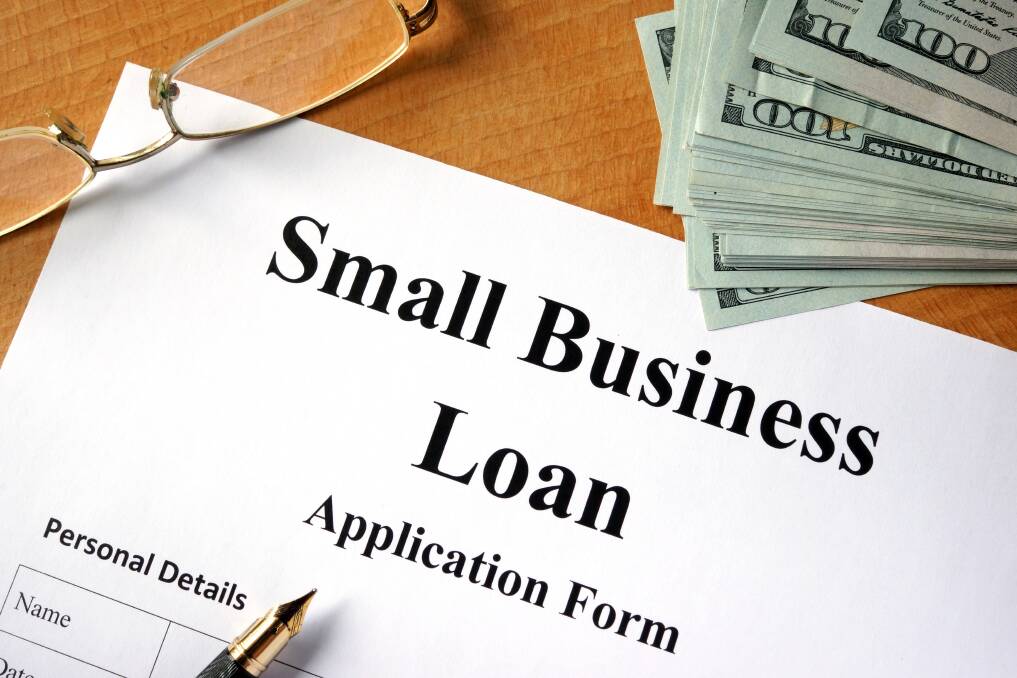5 Things business owners should know before getting a business loan

This is branded content.
Applying for a business loan is more complicated than getting a personal loan. That's because the stakes are typically higher, and the terms, shorter.
Business loans vary widely, and there's one product for an enterprise's specific needs that could include product development, equipment and property purchase, increasing cash inflow, and availment of new business technologies.
No matter the need, there are many avenues for business loan borrowers offered by traditional and non-traditional lending institutions.
If you're an entrepreneur looking to access more funds, read on to discover the things you must know before getting a business loan.
1. Who can provide business loans?
Knowing who to approach for your business financing needs is another critical step in getting a loan. Below are the most common organisations business borrowers go to for a capital boost:
Government - State and federal governments offer different small business loan packages for diverse enterprises. These financing programs charge minimal to zero interest rates, as well as deferred loan payments.
Traditional lenders - Banks and other lending institutions are often the leading organisations that provide extra capital for cash-strapped business owners. As expected, they require borrowers to pass stringent application processes.
Alternative lenders - Some business owners, especially those unfortunate enough to get rejected by banks, approach non-traditional lenders. These mostly online loan providers have less rigorous requirements than traditional lending institutions.
To find out more about the best business loan providers in Australia, for instance, you may check out an article featured in FastBusinessLoans, written by its founder David Levy.
2. What do you need the loan for?
Before setting out to apply for a loan, make sure you know why you need to borrow in the first place. This will most likely be the same question your lender will ask you as part of the screening process.
Evaluate your business performance and assess your financial standing. Do you need to access funds as soon as possible or on an as-needed basis?
Your business loan needs could help you determine which product is a perfect match. For instance, if you're a business owner needing additional capital for purchase inventory, a line of credit may be enough.
3. What are the different types of business loans?
After identifying your commercial borrowing need, find out which of the financial products could address it.
- Bill of exchange - ideal for short-term business inventory needs
- Fully drawn advance - best for long-term investments, such as a property purchase, with fixed interest rates
- Chattel mortgage - a secure loan requiring a movable asset (chattel) as collateral
- Hire purchase loan - the lender purchases a vehicle on behalf of the borrower and hires it to the interested buyer/borrower.
- Overdraft facility - a short-term loan meant to increase business working capital.
- Line of credit - a facility extended by banks, allowing businesses to withdraw a limited amount for additional funding.
- Factoring - when a business 'sells' its outstanding invoices to factoring companies at discounted prices to boost cash flow

4. What does your credit score say?
Whether a government, alternative, or traditional lender, a financial organisation always checks both your personal and business credit history.
While lenders have different categories in qualifying personal and business applications, business loans generally have stricter guidelines.
Figures for a good credit score could vary from one institution to another. But, most credit bureaus consider 670 as a good credit score. If you're curious to know your credit standing, try accessing your credit score from various online credit reporting agencies.
5. Which requirements do you need?
Lending institutions have different financial products, and they do require a different set of requirements. Entrepreneurs should ready their documents, including:
Collateral - Banks may provide either secured and unsecured loans. In a secured loan, the borrower must provide a high-value asset, such as a home or vehicle, before having access to a financial product. Find out which properties you can offer to a lender if availing of a secured loan.
Business plan - A comprehensive business should be presented for the lender to understand what your products and services are and how our business is performing.
Business financial details - Business owners should be able to provide complete financial documents, which could include previous loans, bank accounts, and previous tax payments, among many other papers.
Borrowers should also ready their list of accounts payables and receivables. All financial statements should ideally be audited or verified by a certified public accountant. The same applies for your personal financial documents.
Other requirements - Some institutions may need extra requirements, such as a guarantor, for your loan. You may have to spare a few hundred dollars for specific loan processing and application fees.
The Bottom Line
In these difficult times, enterprises need financial boost every now and then. If seeking for a commercial loan is your sole option, discover the various types of loan and the lenders to approach in times of need, as discussed in this article.
Also, make sure you possess good credit history and have the capacity to pay upfront costs prior to your application.


